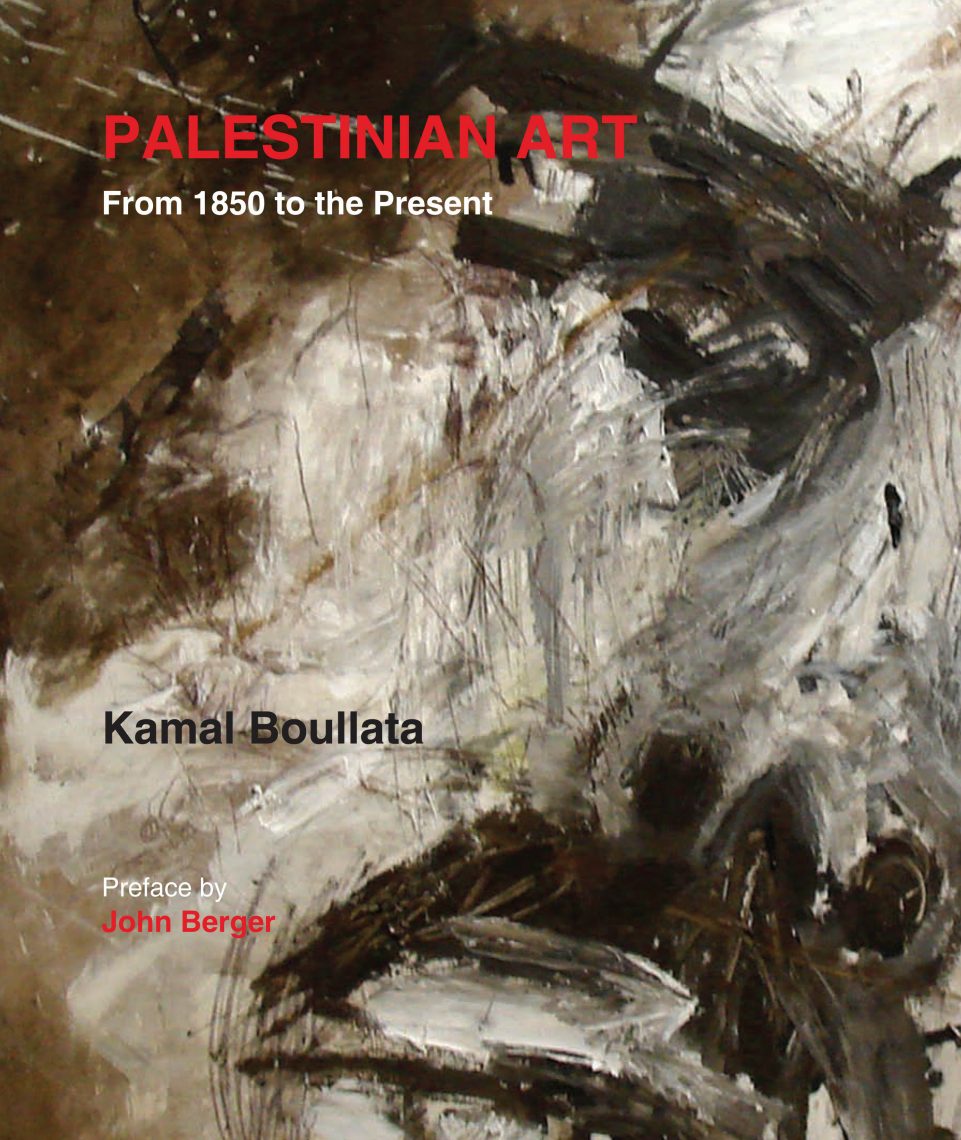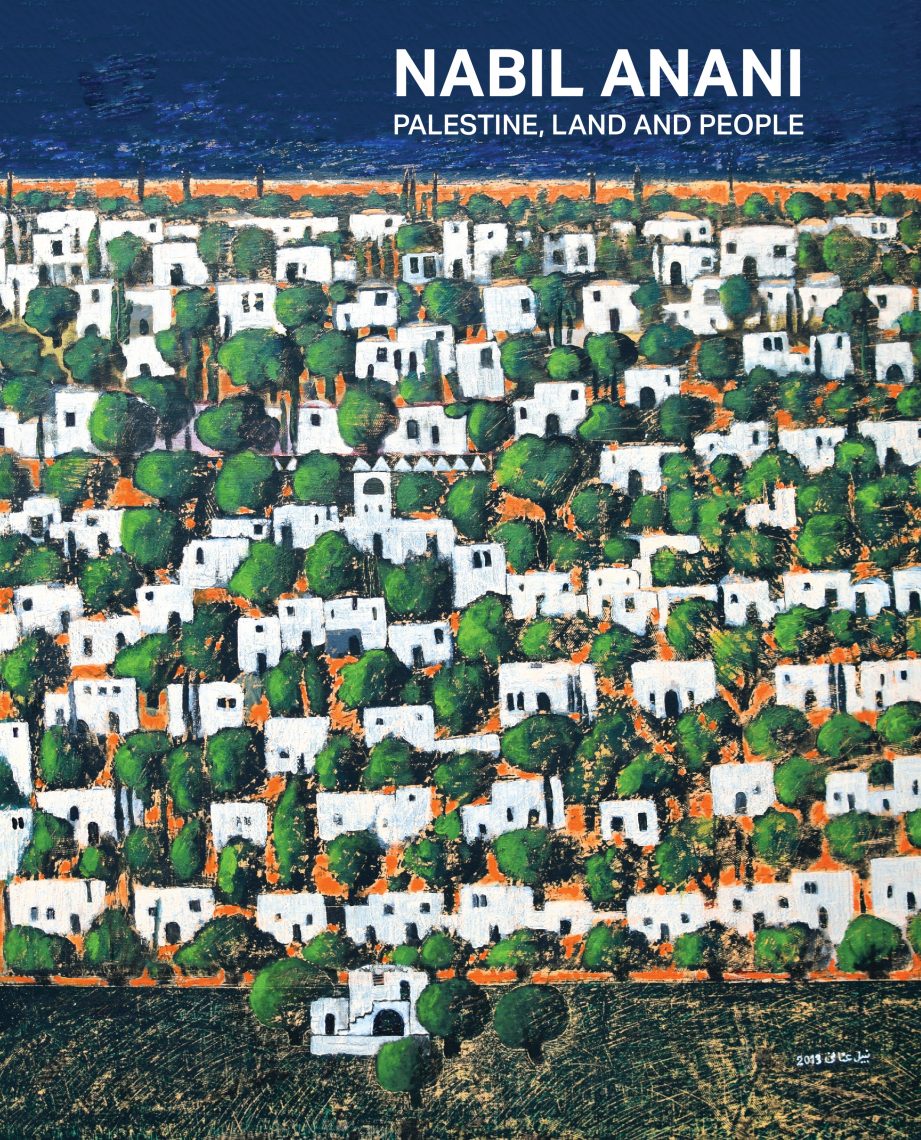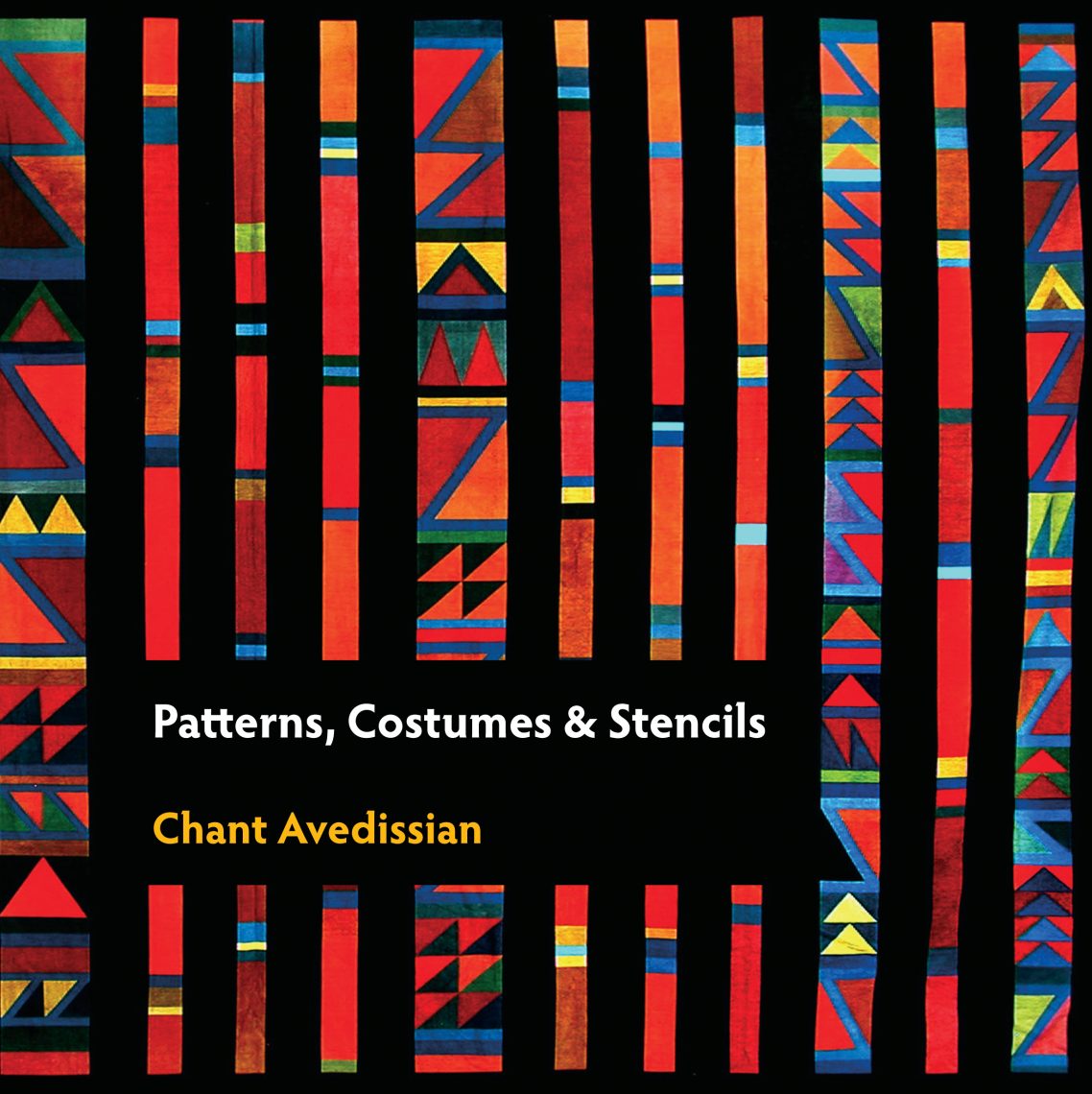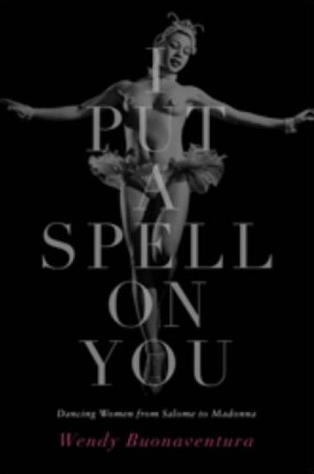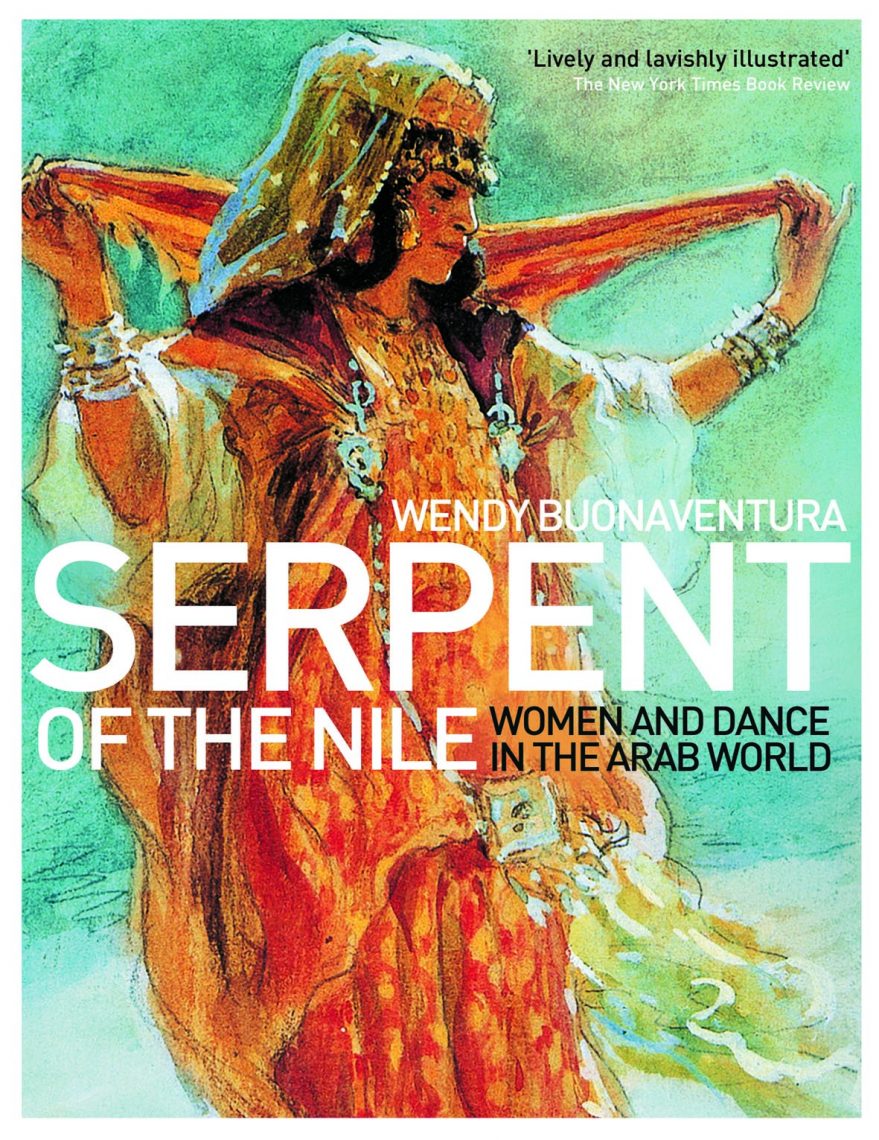- You cannot add "I Put a Spell on You" to the cart because the product is out of stock.
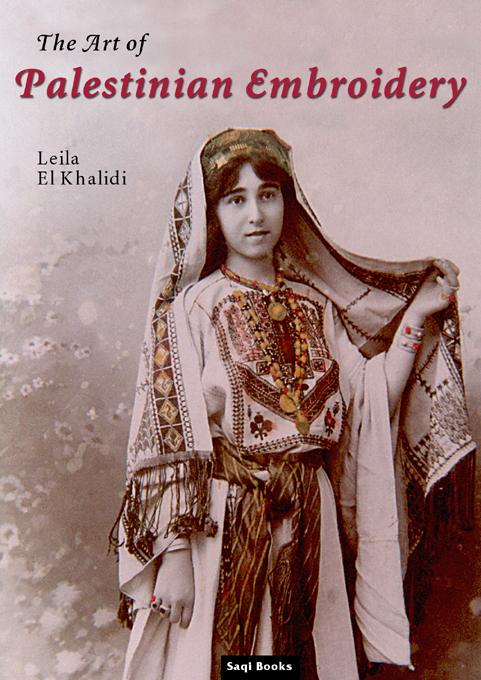
The Art of Palestinian Embroidery
£25.00
Out of stock
About the Book
The Palestinian folk arts have a rich and fascinating history. Silk thread and embroidery, together with an expanding repertoire of symbols, are known to have made their way from China to the Holy Land along the Silk and Spice Routes before being introduced to Europe by Christian saints, holy men and pilgrims.
Mainly using cross-stitch, Palestinians have continued to embroider their traditional motifs, giving them their own appellations and developing their own terminology. As clothing was of prime importance, Palestinian women wanted something personal, distinctive and handmade. By adopting the traditional styles and motifs of her area, a woman expressed her wish to identify and be identified with her cultural roots. Samples of late-nineteenth to early-twentieth century Palestinian costumes are considered to be representative of folk art at its best.
Through the vicissitudes of war and occupation, Palestinian folk materials have been dispersed, though samples are to be found in published material, in museums outside Palestine and in small private collections. Leila El Khalidi’s work in identifying and recording the history and motifs in Palestinian embroidery will be of interest both to craftspeople and to students of folk traditions and is an important step in preserving the Palestinian heritage. The book is illustrated with a detailed appendix showing the principal motifs and with photographs of traditional costumes.
About the Author
Leila Hussein Fakhri El Khalidi (1927–2020) was born in Jerusalem. She graduated from the American Junior College in Beirut before going on to work under the Palestinian Mandate Government from 1943 to 1946. She was the head librarian at the PLO Research Centre in Beirut, then joined SAMED (the Palestinian Martyrs' Works Society), where she founded the Society's Central Library and headed a research unit for Folklore and Folk Arts and Crafts. In 1971, the PLO Research Centre Library was recognised as the national library of the Palestinian people and, in 1986, the folk museum collection at SAMED was established: both testament to Leila’s work.
Reviews
'Wonderful hand-tinted plates of bedouin and Bethlehem costumes ... A fascinating book.' Crafts Magazine
'An important contribution toward the documenting of this highly recognizable, almost symbolic, as pect of Palestinian culture.' Judith Gabriel, al-Jadid
'A penetrating look into Palestinian embroidery symbols and motifs.' Tanmiya
